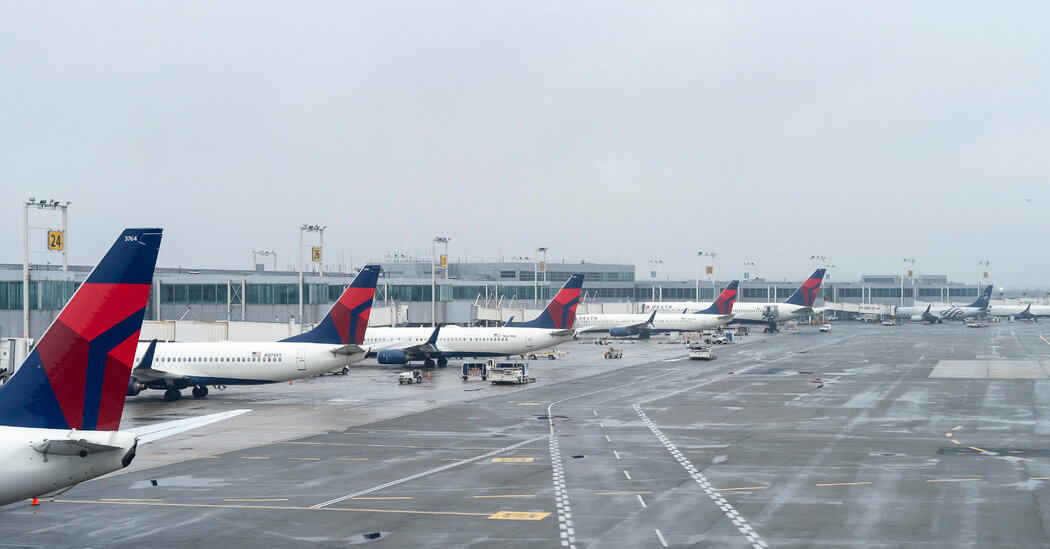
“To be very clear, we’re incredibly disappointed that we are at this point, that the entire U.S. airline industry is facing major disruption as new wireless technology is activated,” he said. “The two should be able to coexist, but that only comes with better understanding of potential impacts.”
The industry and the aviation regulators had raised concerns about 5G interference over the past several years. In November 2020, for example, the International Air Transport Association, a global trade group, warned that such interference could trigger automated systems to intervene in ways that would be dangerous and confusing to pilots. The system might, for example, force planes to pull up to avoid phantom objects, or could prevent planes from warning pilots of real obstacles.
Airlines and the F.A.A. began escalating warnings in recent months, leading Verizon and AT&T to delay their limited 5G rollout from December to early January. At the start of this month, the F.A.A., which is part of Mr. Buttigieg’s department, reached an agreement for the delay to Wednesday, buying more time to prepare safety precautions.
The F.A.A. said at the time that it would no longer ask for further delays after Verizon and AT&T agreed to that postponement, and Airlines for America said it would “continue to work with all stakeholders to help ensure that new 5G service can coexist with aviation safely.”
The telecommunications industry has pushed back against the concerns raised by the airlines and the F.A.A., noting that the start of 5G has been years in the making and that the service has already been introduced in Britain, France and other countries.
“In our opinion, the technical information that is being used to generate concern shows improbable worst-case scenarios,” GSMA, a global wireless industry group, said on Monday. AT&T and Verizon also expressed frustration on Tuesday with the F.A.A.’s handling of the situation.
The F.A.A. has noted, however, that there are technical differences in how 5G is being carried out in other countries. In the United States, planes would have been protected from 5G interference only in the last 20 seconds of flight, compared with 96 seconds in France, for example.





